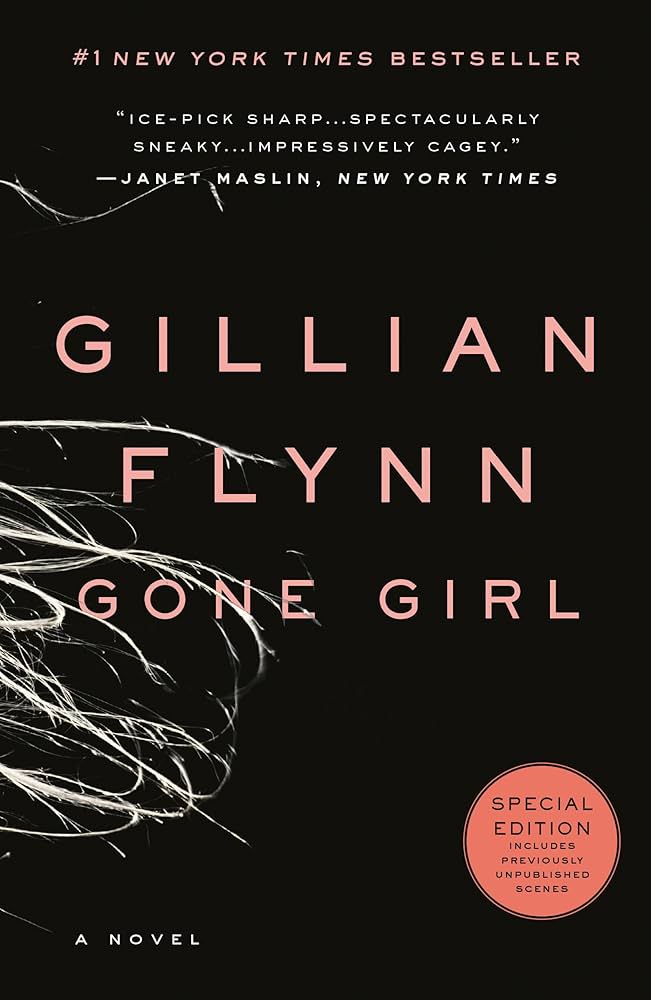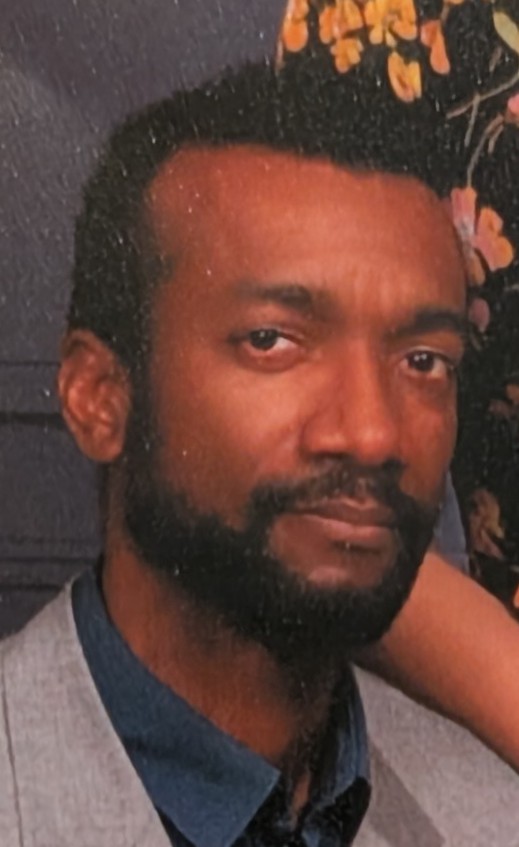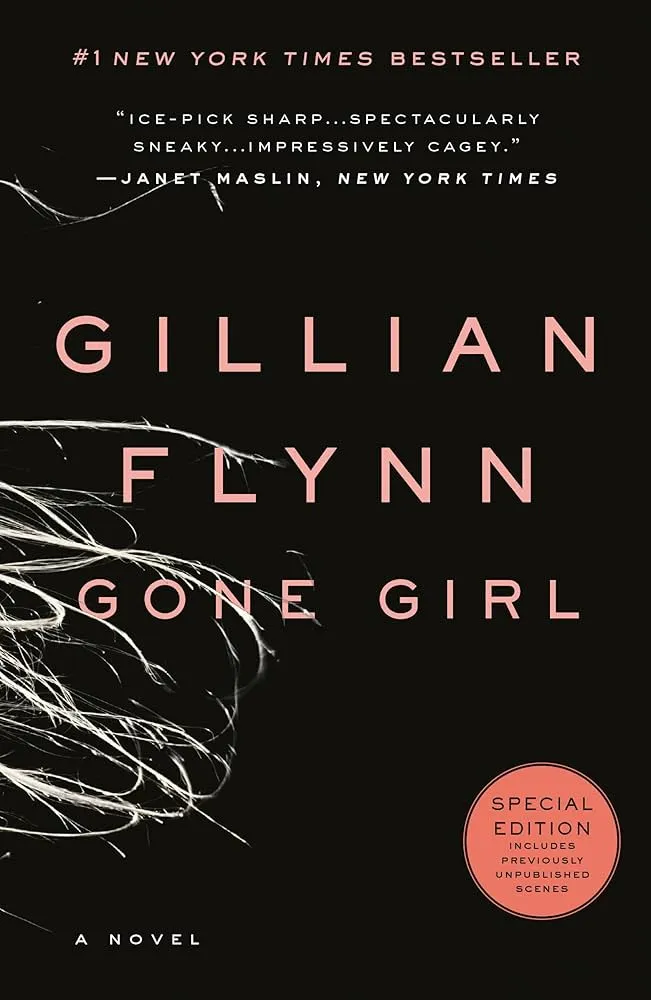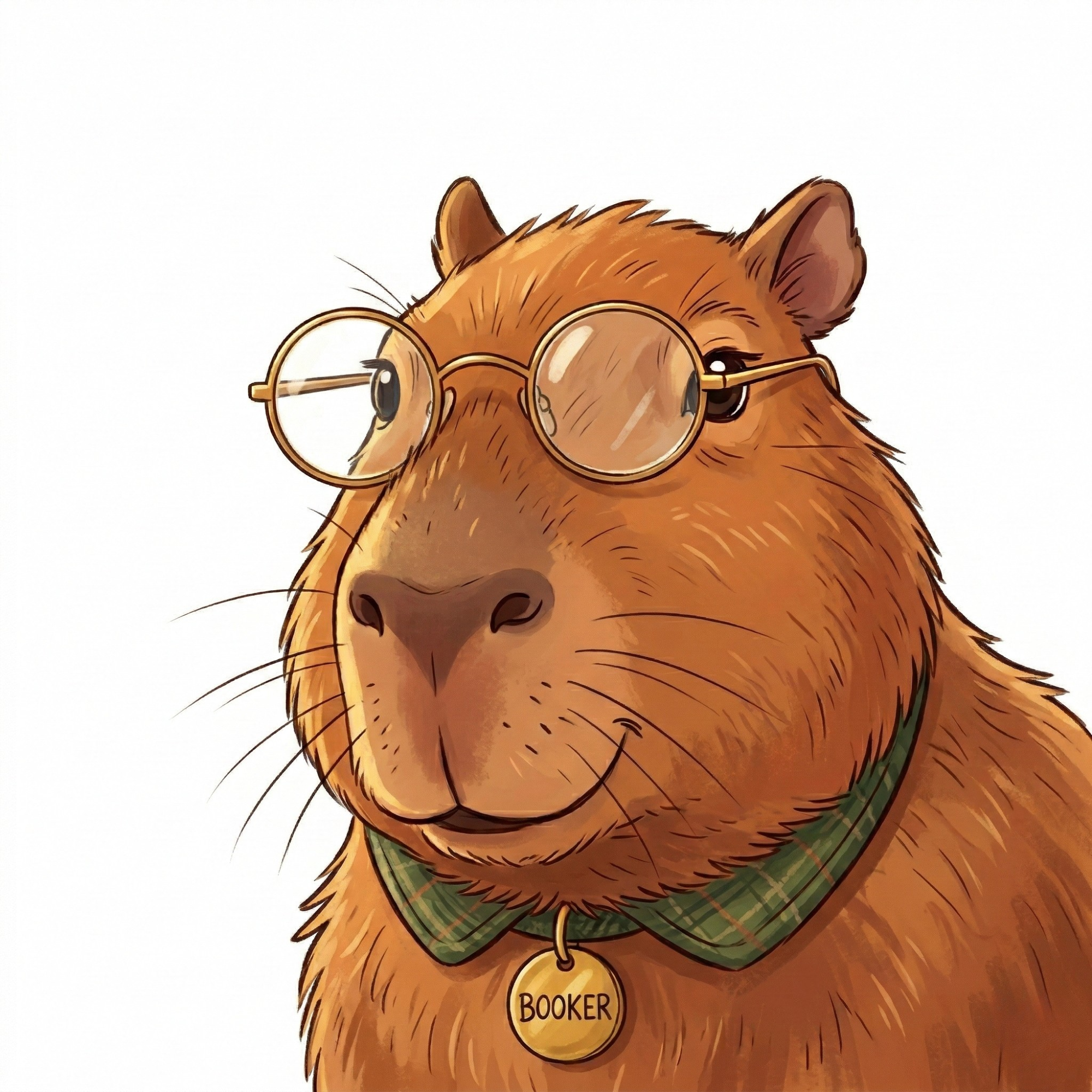>how do you creep up on readers with knife-behind-the-back smile?
notes from Gillian Flynn's fiction playbook follow:
Analysis

Keith's Insights

Transcript of Insights
Okay, so when it comes to this Gillian Flynn deep dive, I do remember watching Gone Girl in the theater.
I think I came out liking the movie.
Over 10 years ago, in 2013 — I remember for some reason that year stands out.
From a writing perspective, it sounds like she's more… I've never read any of her books, but it sounds like she's more of a psychological thriller on the more mystery side.
Because it talks a lot about red herrings and placing small details to later come back and have them be like, oh, that was actually a big deal that you kind of missed.
This is an area that I still want to explore as far as writing mysteries.
I just haven't done it at all yet.
I get a little nervous when I think about this as a writer just because I'm so unfamiliar with structuring mystery.
And I'm sure it's not that bad as far as, you know, you have the big mystery, you have the big plot, and then you basically insert a bunch of smaller mysteries in there between characters.
You have a few characters, there's red herrings depending on what type of mystery you're doing.
If you're doing a whodunnit type — like who the murderer is, who the thief is — you've got to hint toward who is actually the culprit at the end.
And then there's other types of mysteries as well.
Like, I guess, mystery of motivation.
I think that's another interesting one too.
I think of, like, you already know who did it, but you don't know why they did it.
And I just kind of thought of this on the fly.
I don't really have any examples of this off the top of my head.
Maybe you can think of some.
But I think that would be pretty interesting, because to me that's what makes things kind of scary.
There's no reason why it happened — it just happened.
If it's an accident or something, or, you know, a natural disaster, then that's different.
You can kind of just accept those types of things happen.
But when really strange things happen, and especially when a person does a strange thing, especially when it's kind of like out of the blue…
And nobody saw it coming.
And what they did was so extreme — whether it was to themselves or to somebody else.
I remember this feeling when I was a cop that always kind of left me unsettled.
Like, you mean one day, for most of their lives, they were just totally normal…
And then, one day, this awful thing happens.
And they're at the center of it.
And I'm just like — there's no reason why.
And I ran into that a couple of times in my career as an agent, doing criminal investigations.
Someday, you know, and I'm sure in that person's mind there was a clear escalation.
Or maybe not so clear — maybe it was influenced by alcohol, drugs, or just overall passion and emotion.
But we don't know that as outsiders looking in.
And I find that fascinating.
Now that I'm talking about it out loud, I think that's something I would definitely want to explore if I were to write a mystery.
I think it would probably be like mystery slash horror.
You already know who did it, but everybody's trying to piece together why.
It would basically cover the aftermath of that person's decision, whatever it was.
And it would be like — why did they do this?
Who are the other people involved?
What organizations?
What were the circumstances that led them to do that?
But back to Gillian Flynn.
The multiple character POV thing — the way they talked about how Nick and Amy kind of played off each other, with very distinct voices — no problem.
That's something I do all the time.
I'm really good at writing characters.
But one thing I haven't really done is have them basically, beat for beat, talk about the same things.
And I think that is what Gone Girl… that's the biggest thing I got out of this analysis.
She would have Nick talk about something — like birthdays — and be like, “Oh, birthdays are great” or something.
And then Amy would be like, “Oh, birthdays again… I hate the damn things,” or something to that effect.
Where they're talking about the exact same thing, but their outlook and opinion on it is so distinct that you already get this tension.
Not only are they married and going through marital issues, but they have this tension in the exact thoughts they’re having about the same thing.
And I have not done that.
I've done the big picture multiple perspective thing — I did that in my debut novel.
But I haven't done the granular detail thing.
And I think that's a very strong mechanic to use, especially in a relationship situation or a marriage.
You know they're having issues, and that's a big… if you haven't seen or read Gone Girl, it's a pretty good movie.
It's one of those movies that I still remember to this day.
It was a pretty dark movie.
But it was really good.
And yeah, I almost feel like I want to watch it again after listening to this analysis.
Want the written report of Flynn's signature writing moves?
Reply to this message and I'll send it to you.


